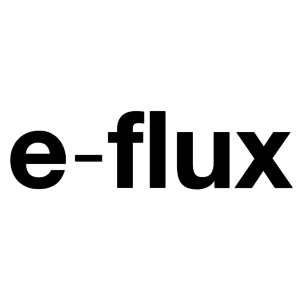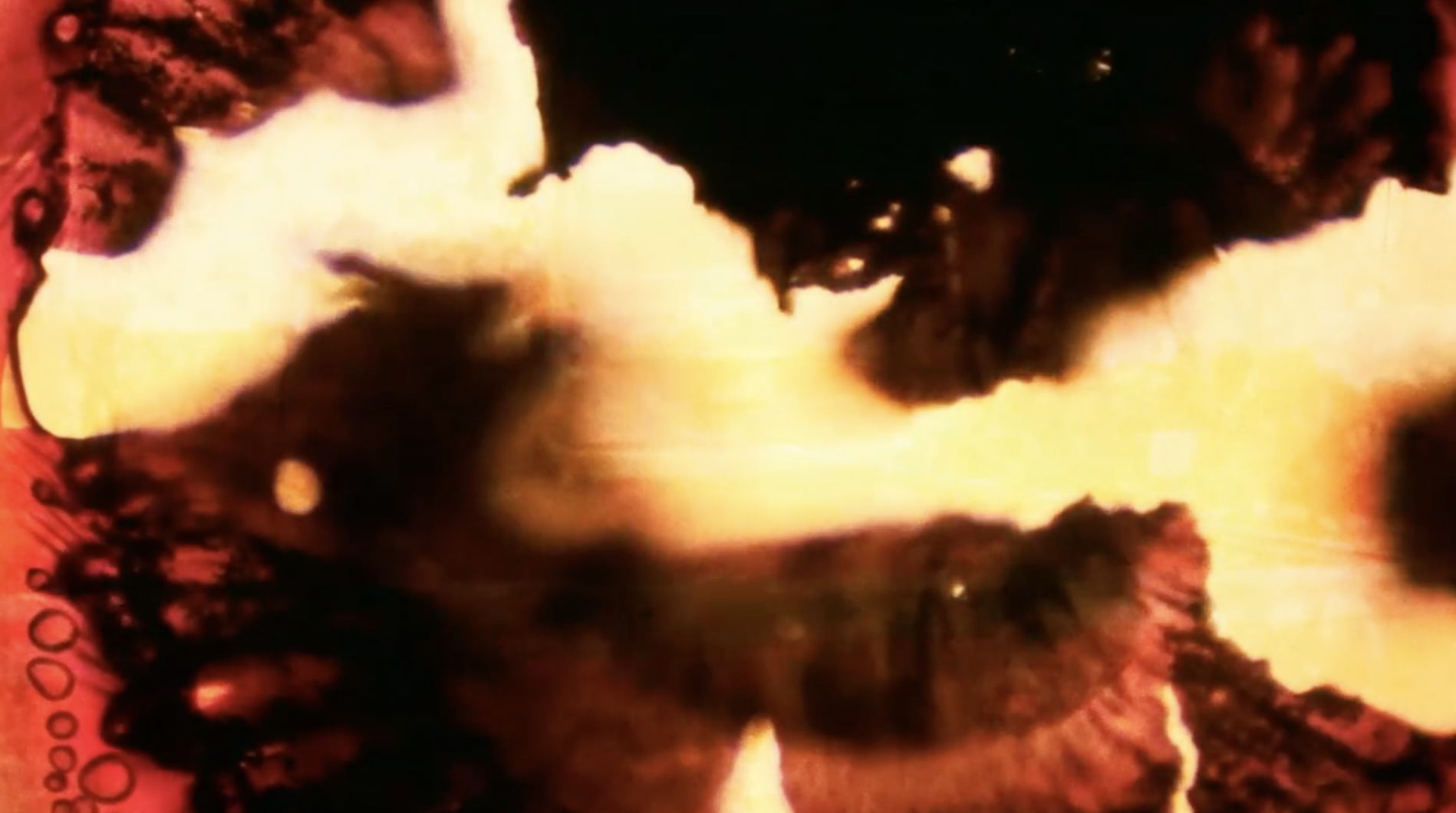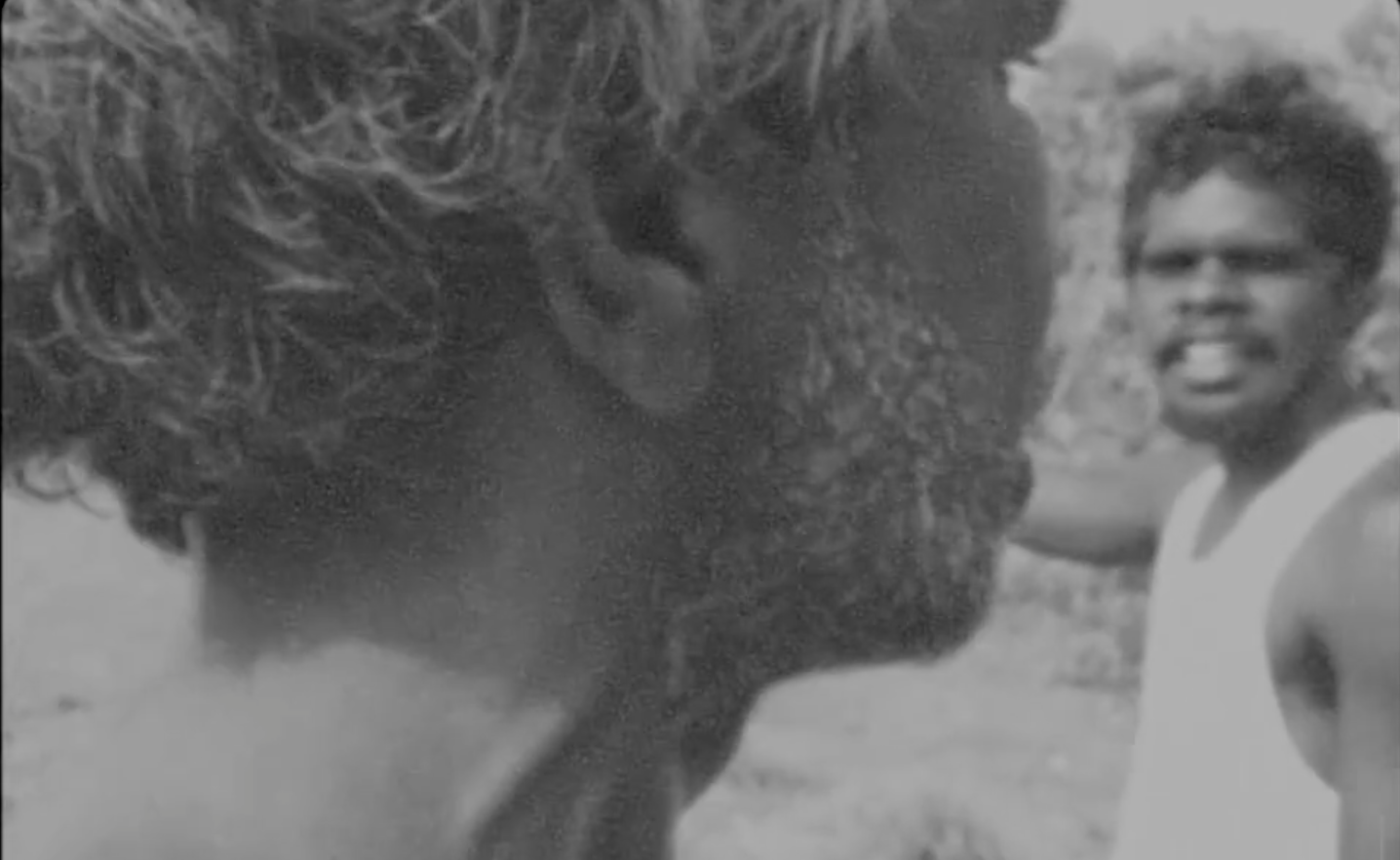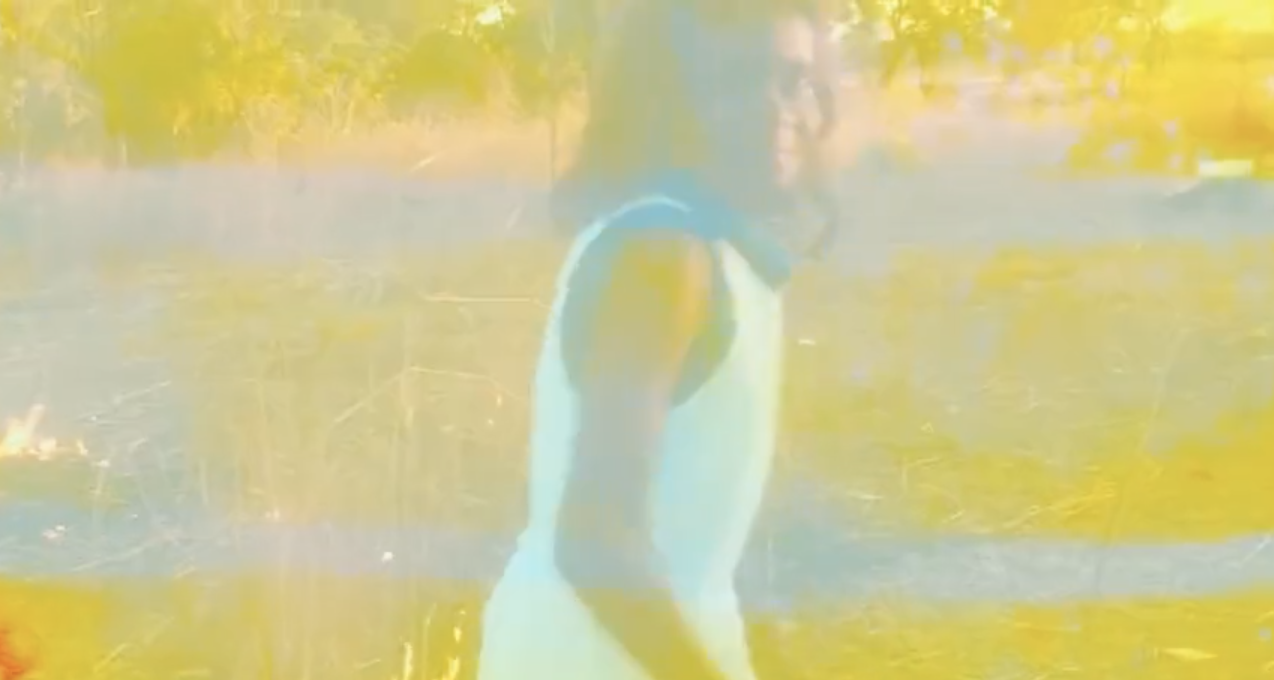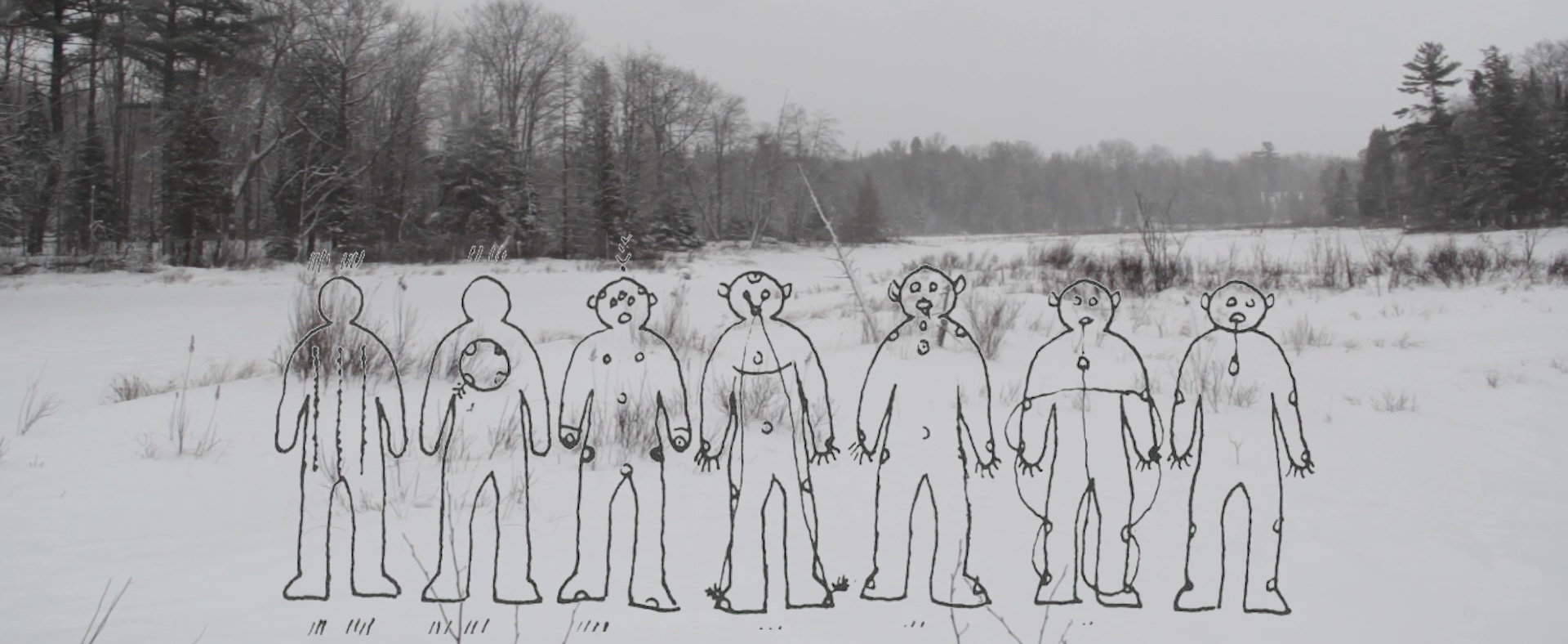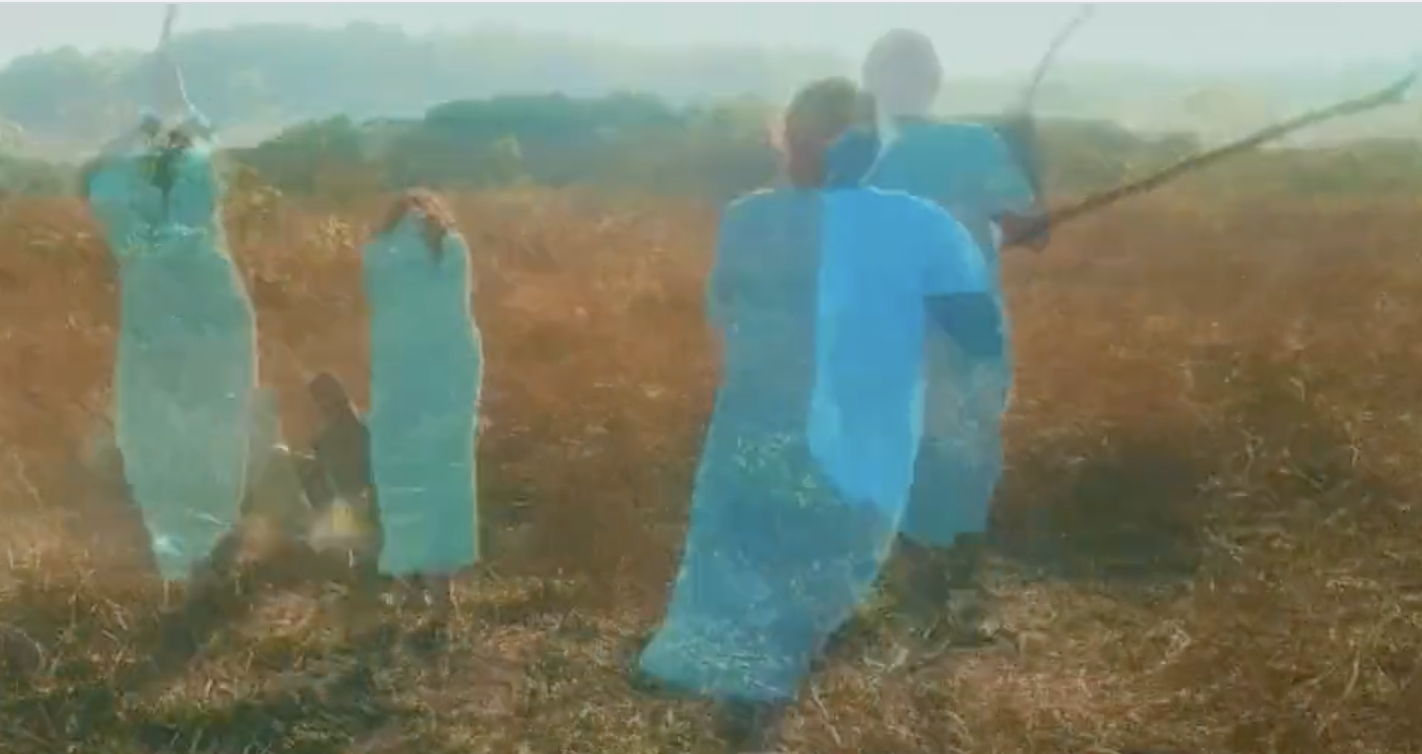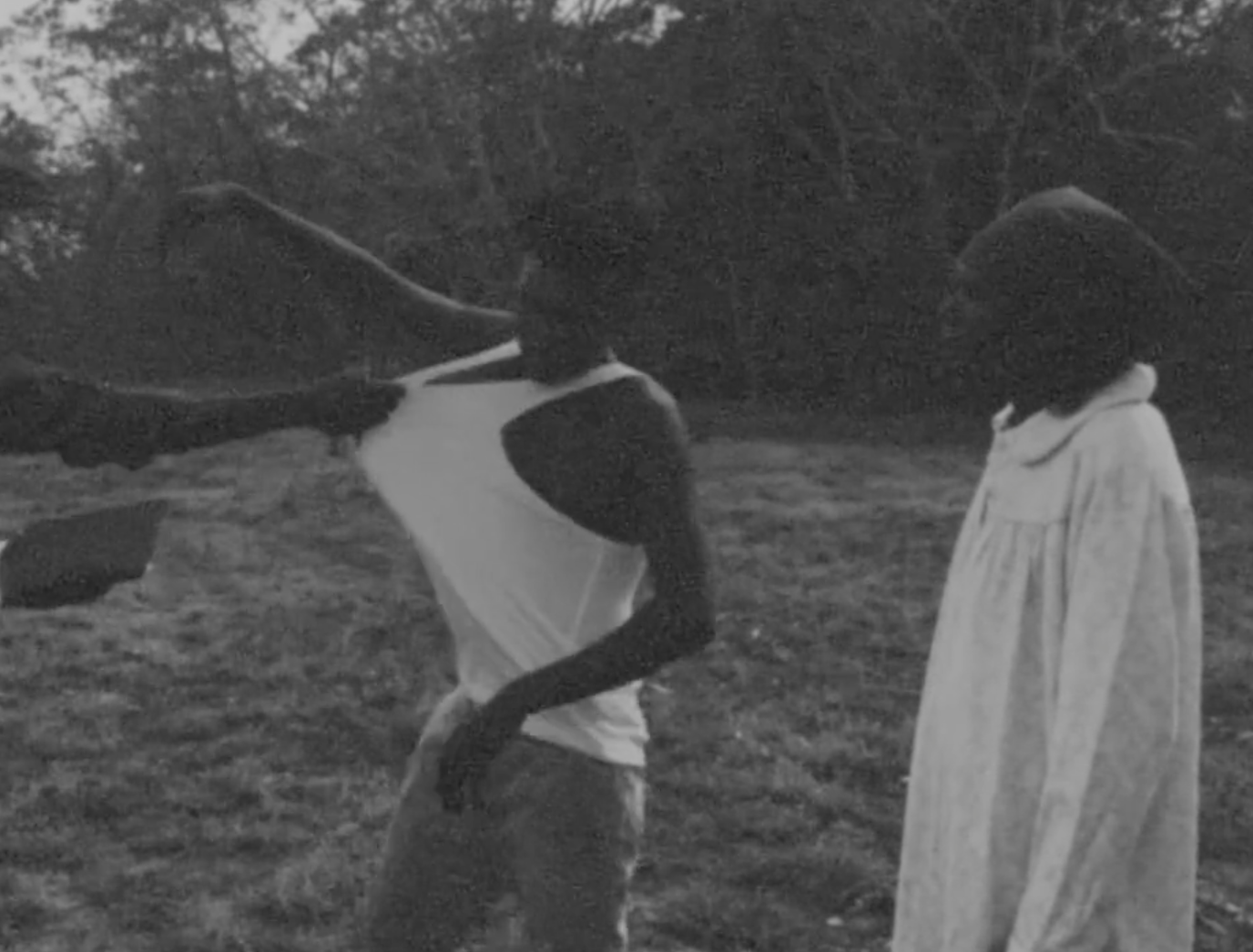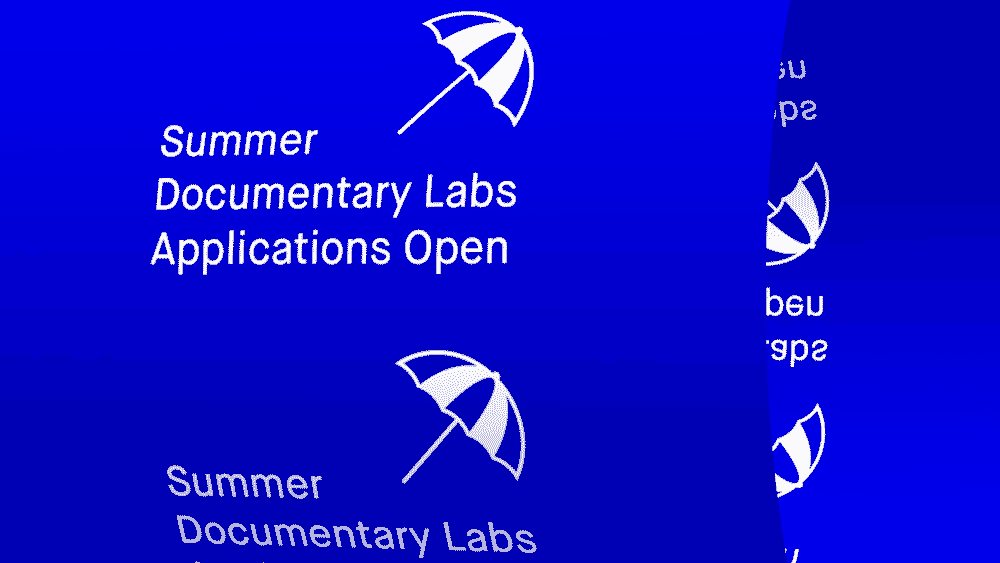We are thrilled to partner with the Karrabing Collective and former Collaborative Studio fellows, Adam and Zack Khalil, for a night of uprooting indigenous narratives from the past and centering them in the present. NIGHT TIME GO and INAATE/SE/ provocatively mix media and genre to embody the alternate Ojibway and Karrabing stories as dynamic and ever-enduring. Co-presented with E-flux, as a part of their Toxic Assets Series, we are lucky to have the Karrabing Collective in town for a night of documentary that blends the nuanced, overt, and specific ways the colonized have and continue to resist.

- This event has passed.
Oct 19, 2017 at 7:30 pm
Karrabing Film Collective’s NIGHT TIME GO with INAATE/SE/
Screening to be followed by discussion with the Karrabing Film Collective's Elizabeth Povinelli, Vivian Ziherl, Zack Khalil and Adam Khalil
Program
NIGHT TIME GO
30 min., 2017
On September 19, 1943, a group of Karrabing ancestors escaped from a war internment camp and walked over 300 kilometers back to their coastal homelands in Northern Australia. Night Time Go is an exploration of the settler state’s attempt to remove Indigenous people from their lands during the Second World War using truck, train, and rifle and the refusal of the Karrabing ancestors to be detained. The film begins by hewing closely to the actual historical details of this ancestral journey but slowly turns to an alternative history in which the group inspires a general Indigenous insurrection driving out settlers from the Top End of Australia. Mixing drama and humor, history and satire, Night Time Go pushes subaltern history beyond the bounds of settler propriety.
INAATE/SE/ [it shines
a certain
way. to a certain place./it
flies. falls./]
75 min., 2016 [excerpt]
History is written by the victors, but this film reminds us that the history of the oppressed can still be saved from being extinguished. Native American video artists Adam and Zack Khalil here reclaim the narrative of the Ojibway of Sault Ste. Marie, in Michigan’s Upper Penninsula, from the archives and museums that would confine it to the past. Using personal interviews, animated drawings, performance, and provocative intercutting, the Khalil brothers’ feature debut makes a bold case for the Ojibway people to be their own storytellers—while seeking a cure for the damage inflicted by colonization—in a spiritual reconnection with tradition.
The chief accomplishment of the Khalil brothers is their refusal to succumb to any of these pressures, instead blending their own personal ingenuity with a way of seeing the world that emerges from their culture – Daniel Walber of ‘Nonfics’
105 min

Adam Shingwak Khalil (Ojibway) is a filmmaker and artist. His practice attempts to subvert traditional forms of ethnography through humor, relation, and transgression. Adam’s work has been exhibited at UnionDocs, e-flux, Maysles Cinema, Microscope Gallery (New York), Museo ExTeresa Arte Actual (Mexico City), Spektrum (Berlin), Trailer Gallery (Sweden), Carnival of eCreativity (Bombay), and Fine Art Film Festival Szolnok (Hungary). Khalil is a UnionDocs Collaborative Fellow and Gates Millennium Scholar. In 2011 he graduated from the Film and Electronic Arts program at Bard College.

Zack Khalil (Ojibway) is a filmmaker and artist from Sault Ste. Marie, Michigan, currently based in Brooklyn, NY. His work often explores an indigenous worldview and undermines traditional forms of historical authority through the excavation of alternative histories and the use of innovative documentary forms. He recently completed a B.A. at Bard College in the Film and Electronic Arts Department, and is a UnionDocs Collaborative Fellow and Gates Millennium Scholar.
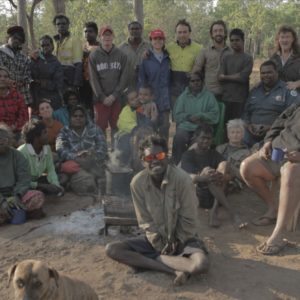
The Karrabing Film Collective is a grassroots Indigenous based media group. Filmmaking provides a means of self-organization and social analysis for the Karrabing. Screenings and publications allow the Karrabing to develop a local artistic languages and forms and allow audiences to understand new forms of collective Indigenous agency. Their medium is a form of survivance—a refusal to relinquish their country and a means of investigating contemporary social conditions of inequality. The films represent their lives, create bonds with their land, and intervene in global images of Indigeneity.

Vivian Ziherl is a critic and curator from Australia, currently living and working in Amsterdam. In 2015 she founded the art and research project Frontier Imaginaries. Prior to that she worked with If I Can’t Dance, I Don’t Want to Be Part of Your Revolution, led the curatorial platform Landings together with Natasha Ginwala, staged performance programs at the Stedelijk Museum together with Hendrik Folkerts, and edited several books including Lip Anthology (MacMillan/Kunstverein, 2013).
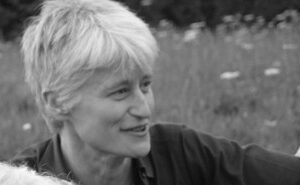
Elizabeth A. Povinelli teaches anthropology and gender studies at Columbia University. She was previously editor of Public Culture and her most recent books are Geontologies: A Requiem to Late Libearlism (2016), The Empire of Love (2006), and Economies of Abandonment (2011). Her writing and filmography focus on the conditions of otherwise in Late Liberalism. She is a founding member of the Karrabing Film Collective.
Presented With

